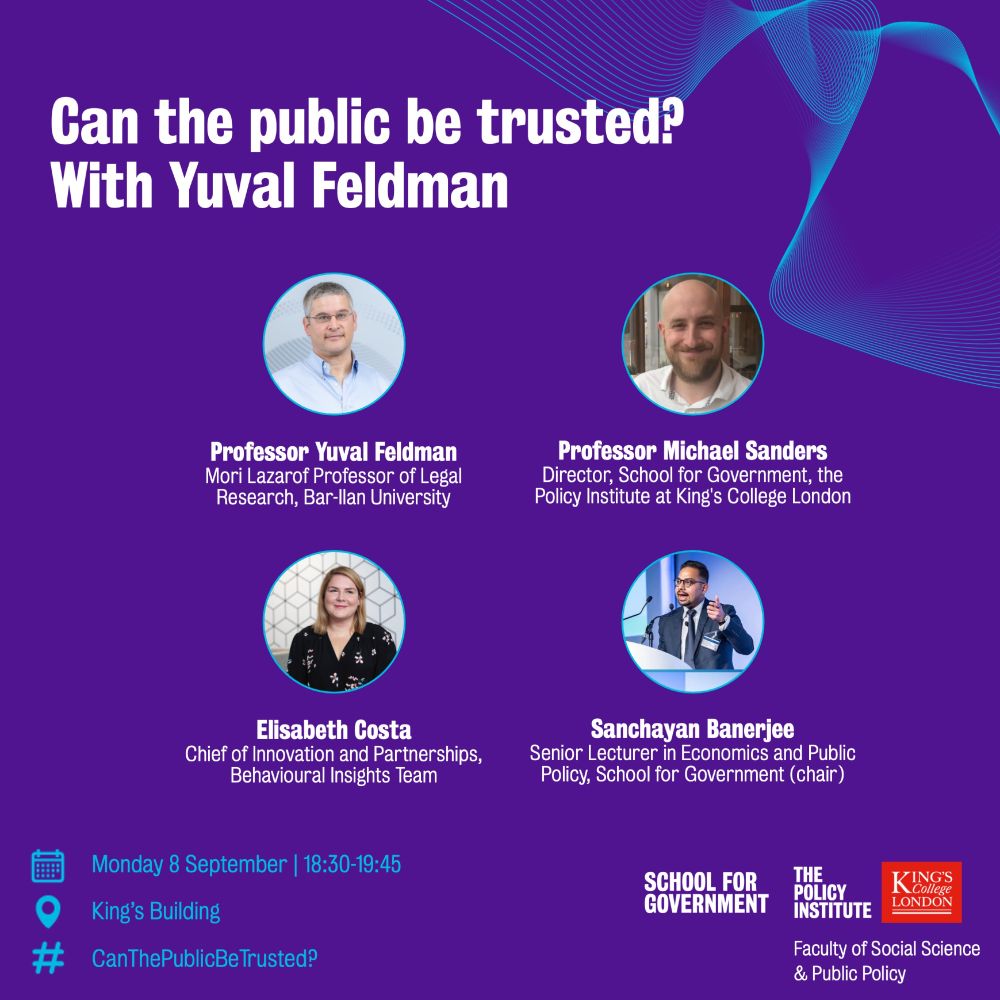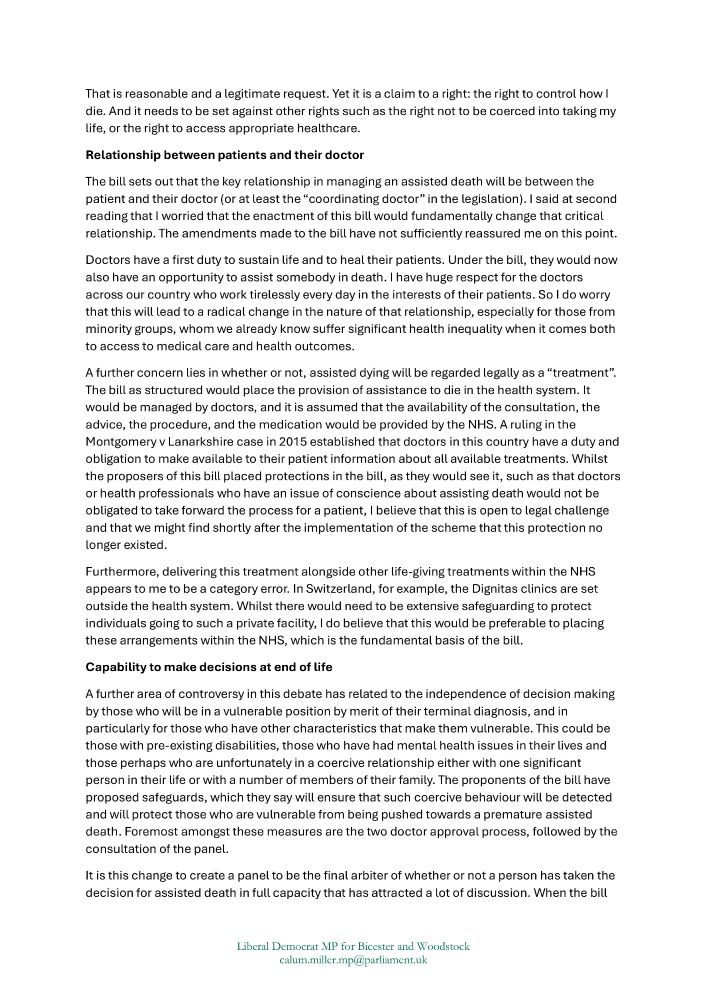Michael Sanders
@michael-sanders.bsky.social
580 followers
88 following
52 posts
Professor of Public Policy and Director of Experimental Government, Policy Institute at King's. Director, School for Government at King's, Expert Advisor, Centre for Homelessness Impact. Chair, Nightline Association. Incorrigible Busybody.
Posts
Media
Videos
Starter Packs
Reposted by Michael Sanders
Reposted by Michael Sanders
Reposted by Michael Sanders
Reposted by Michael Sanders
Reposted by Michael Sanders
Reposted by Michael Sanders
Reposted by Michael Sanders
Reposted by Michael Sanders
Reposted by Michael Sanders
Miranda Prynne
@mirandaprynne.bsky.social
· May 14

THE podcast: the secrets of effective policy engagement – from two academics who have worked in government
Two academics who are steeped in policy expertise, having worked in government in the UK and US, share practical insights on what works when trying to get research before the eyes of decision-makers
www.timeshighereducation.com


















